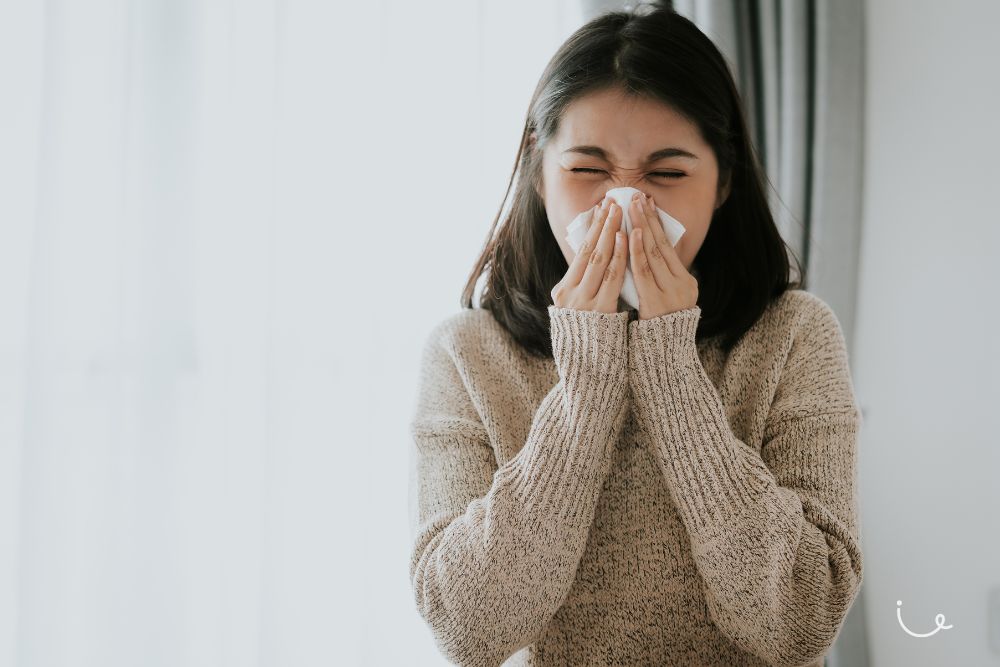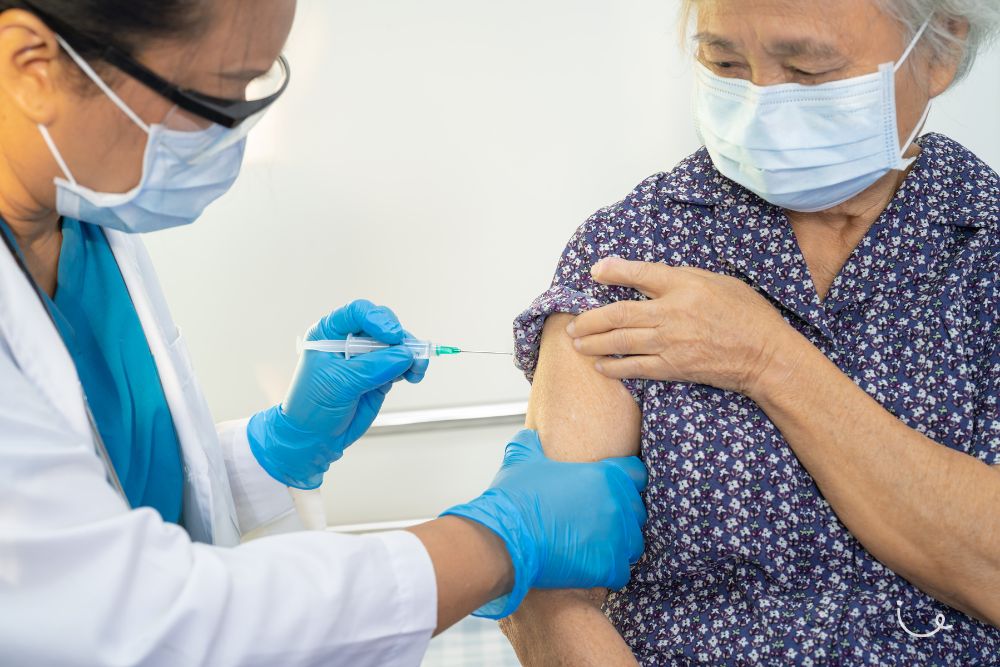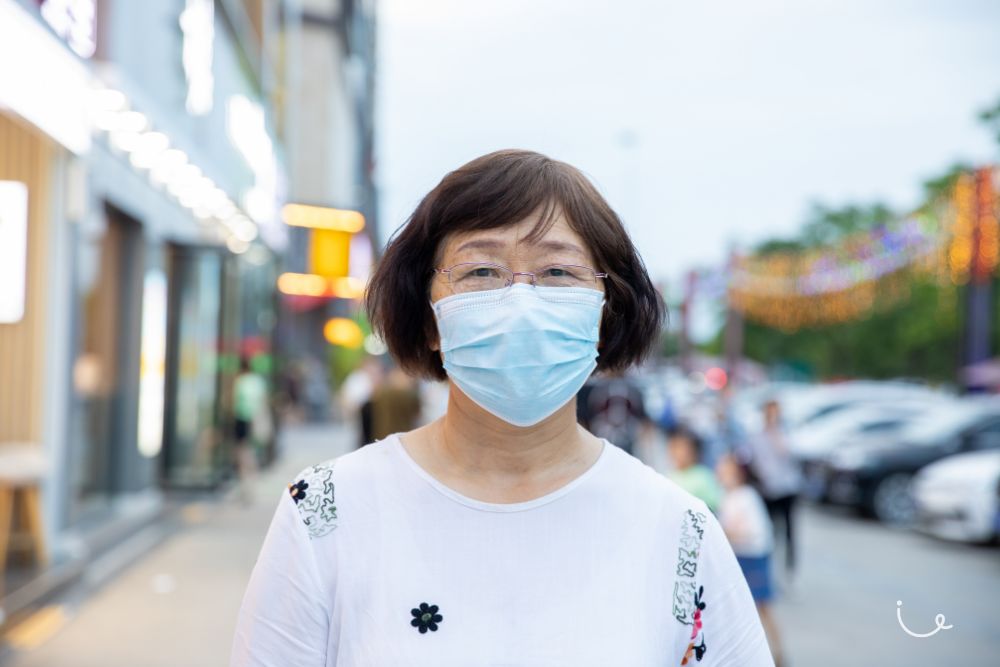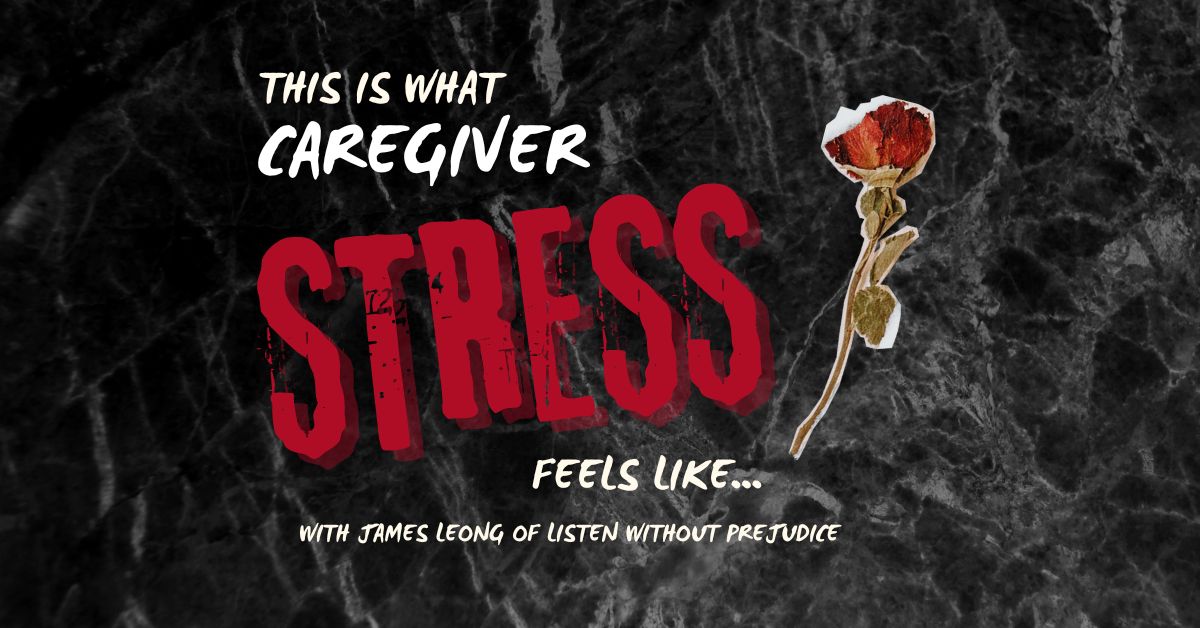
Flu vaccines have been flying off shelves not just in Singapore, but in nearby countries like Malaysia, Taiwan and Hong Kong as well. The recent rush comes in the wake of Taiwanese actress Barbie Hsu’s death due to influenza-related pneumonia, though the flu outbreak in Japan did its part too.
This ado about the flu has, in turn, sparked off much speculation about how best to keep safe during any potential travels in the months ahead.
Does adhering to a strict regime of yearly flu shots help – or harm – our immune system in warding off influenza? Should we be masking on the plane? Is Japan, Singapore’s favourite holiday destination, now off-limits?
These are all questions worth answering – albeit with the aid of science-backed research, rather than a chain WhatsApp message you’ve received from a friend of a friend, or something you heard at a recent Lunar New Year gathering.
Here’s a summary of the latest flu news, along with a guide on where and when to get influenza vaccines in Singapore.
Advertisement
Flu in the news
On 2 February, Taiwanese artist Barbie Hsu – also known as Big S – died from flu-related pneumonia while holidaying with family in Japan. The star was only 48 at the time of her passing, though she reportedly suffered from an underlying heart issue known as mitral valve prolapse.
The high-profile death of the Meteor Garden actress accentuated the already growing fears over Japan’s fight with one of its worst influenza outbreaks in decades. According to the country’s Ministry of Health, Labour and Welfare, an alarming 320,000 cases were reported across 5,000 medical institutions in the final week of December last year – its highest in recorded history since 1999.
These two incidents together were enough to drive a rush for influenza vaccines in Singapore with a surge in appointments with public healthcare institutions and general practitioner clinics alike.
Thankfully, the Ministry of Health has already come out to state that they’ve got plenty of influenza vaccines to go around, versus countries like Hsu’s home country of Taiwan, which had to purchase an extra 100,000 doses in response to the uptick in demand.
The cold and the flu

Now, it’s important to understand what we’re talking about when we say we’re sick.
For starters, the common cold and the flu are actually two different things.
Both are contagious respiratory illnesses with the usual gamut of symptoms – think cough, sore throat, runny nose, headache, chills and fatigue.
However, the common cold is caused by several different viruses, including rhinoviruses, parainfluenza, and seasonal coronaviruses. The flu, on the other hand, is caused only by the influenza family of viruses.
There are three main types – Type A, Type B and Type C (along with a Type D that primarily affects cattle and is not known to infect humans). Of these three types, Type A and B are the most common causes of seasonal flu epidemics.
Notable Type A variants include H1N1, which emerged in 2009 and caused a flu pandemic, and H5N1, better known as bird flu due to its avian origins. (Covid-19, by the way, is not a type of influenza – it is a spinoff of the coronavirus.)
The cold is generally milder than the flu, which typically presents more abruptly and intensely. Even so, the vast majority of people who get either the cold or the flu will recover within a few days or, in more serious cases, a couple of weeks.
When does flu become pneumonia?

However, unlike the common cold, there is a chance that influenza can progress from your upper respiratory tract to your lungs, resulting in trickier complications like pneumonia (where the air sacs in one or both lungs become inflamed, causing them to fill with fluid or pus). It can also stem from other viruses, bacteria and even fungi in bird droppings.
Now, pneumonia is serious business. It holds the rank as the second-most common cause of death in Singapore behind cancer, with almost a quarter (23.5%) of deaths in 2023 attributed to the disease.
That doesn’t mean that a pneumonia diagnosis is necessarily cause for panic. Pneumonia is treatable and the mildest cases can be dealt with without hospitalisation.
Statistically, out of around a billion annual cases of seasonal influenza globally, only three to five million progress to severe illness (though not necessarily pneumonia), and only around 290,000 to 650,000 people die. This is a death rate of between 0.029% and 0.065%.
The key to treating pneumonia is in recognising its symptoms and heading to the hospital for a scan or blood test – especially if you’re in a vulnerable sub-group. In most developed countries, these are the people above the age of 65.
Notable symptoms that set pneumonia apart from influenza include:
- A high or persistent fever;
- pain or difficulty breathing;
- coughing up yellow, green or bloody mucus;
- and oximeter readings at less than 95% oxygen level.
Should we rush for flu vaccines in Singapore?

So, should silvers be rushing out for influenza vaccines in Singapore? The short answer is no – unless you have an overseas trip planned in the near future.
There’s no reason why you can’t wait for the current rush to die down before heading to the Government’s vaccine portal to book an appointment.
Influenza vaccines, after all, take around two weeks to come into effect, where they will peak in effectiveness for a further two weeks before slowly decreasing in effectiveness. They must also be renewed on an annual basis.
While researchers found evidence that consecutive influenza vaccinations lead to decreased efficacy over time, they nonetheless concluded that the reduced protection during the second year is still better than no protection at all.
Seniors who wish to further protect themselves from non-influenza-related pneumonia might consider opting for the pneumococcal vaccine. This vaccine, administered in two doses one year apart, provides lifelong protection from pneumococcal bacteria, another cause of pneumonia.

Beyond vaccinations, don’t forget the hygiene measures to reduce your risk of catching the flu. Washing your hands regularly and wearing a face mask have been shown to reduce your risk of catching the flu bug.






